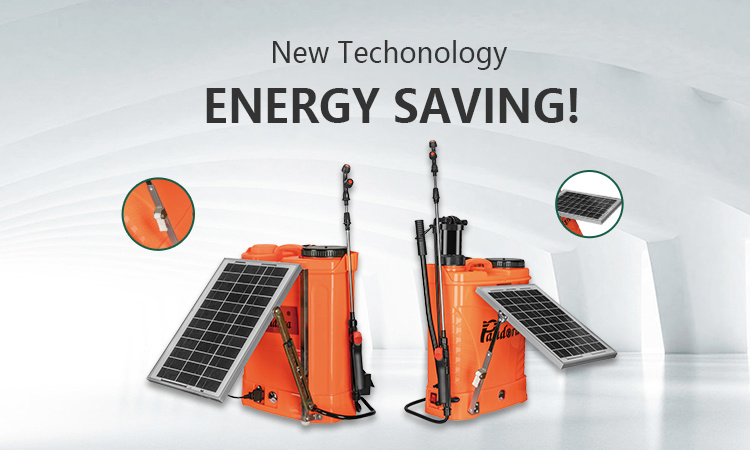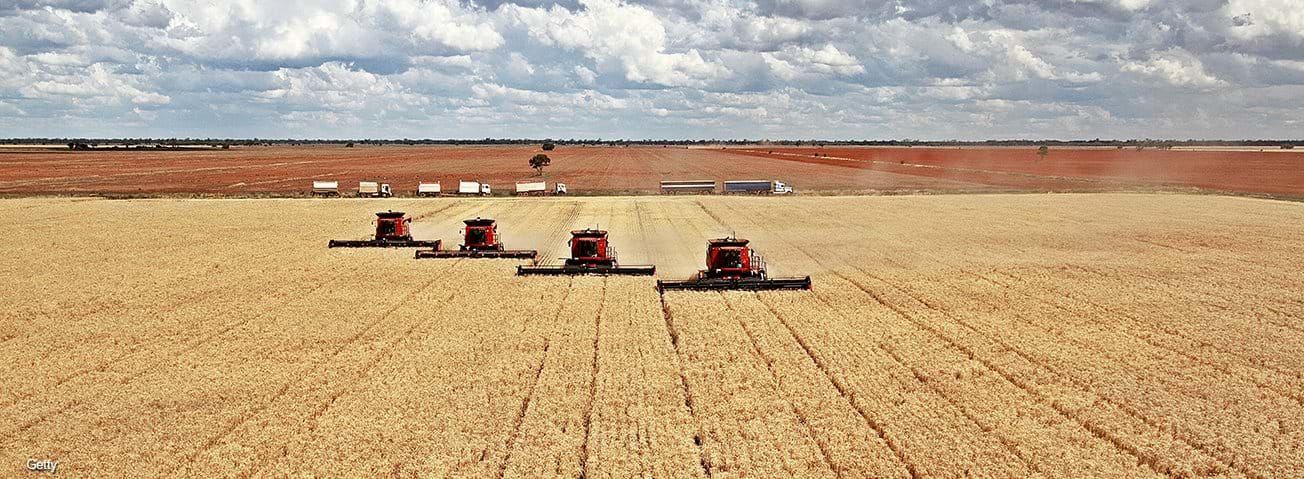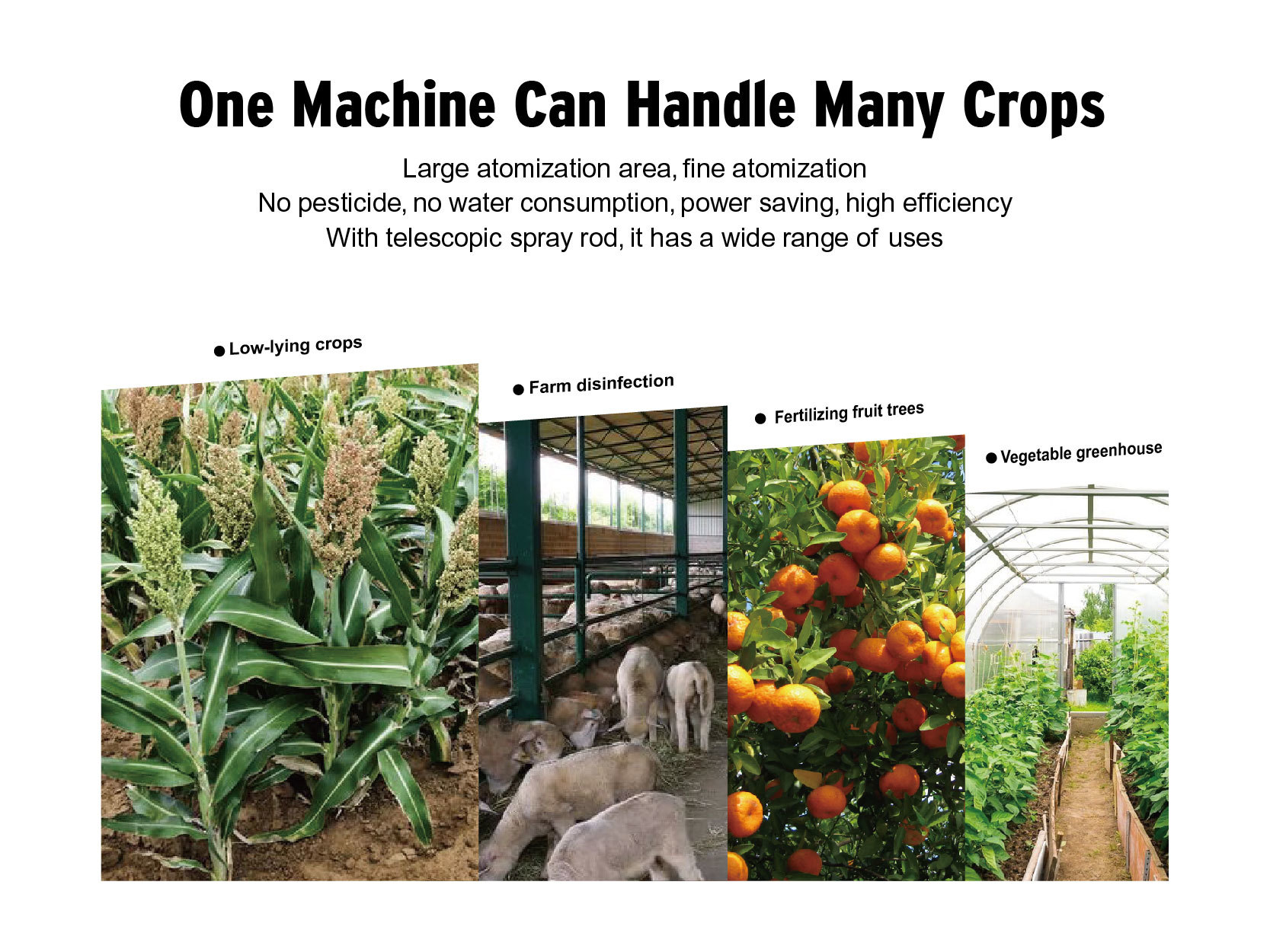



With the rising global demand for food, water, and energy, sustainable agricultural practices are vital for balancing productivity with environmental conservation. Solar-powered tools, like Pandora’s solar sprayers, have emerged as key innovations, integrating renewable energy to reduce resource dependency and support eco-friendly farming.
Agriculture is the largest consumer of freshwater globally, using approximately 70% of the total supply, a fact underscored by the Food and Agriculture Organization (FAO) in their report on water scarcity. Efficient water management strategies, such as drip irrigation, are essential for conserving this critical resource in drought-prone areas (FAO Report on Water Scarcity).

In energy use, renewable sources like solar are helping reduce reliance on fossil fuels. Solar-powered technologies align with the United Nations Sustainable Development Goals (SDGs), which aim to foster sustainable resource use and mitigate climate change impacts (UN SDGs Overview).
Pandora’s solar sprayers contribute to these goals by utilizing solar panels for energy, ensuring continuous operation in remote areas while reducing environmental impact.
Solar sprayers are versatile tools designed for efficient and eco-friendly farming. Their features include multi-angle adjustable solar panels for optimal sunlight capture and extended working hours. This innovation is supported by findings from the U.S. Department of Agriculture (USDA), which emphasizes solar technology’s role in enhancing agricultural efficiency, particularly in areas with limited access to electricity (USDA on Solar in Farming).
Pandora’s solar sprayers go beyond spraying, offering lighting functions and compatibility with solar generators and power plants. These features reflect the adaptability needed to modernize agriculture while reducing its carbon footprint.

Customizable solar panels and fixtures are essential for meeting diverse agricultural needs. Farmers using Pandora’s solar sprayers can select panel sizes and fixture designs tailored to their operations. Reports from SolarPower Europe highlight how such customization enhances the usability of solar systems, particularly in off-grid applications (SolarPower Europe Insights).
The integration of solar technology also supports Climate-Smart Agriculture (CSA), a framework advocated by the World Bank. CSA promotes practices such as conservation tillage, crop rotation, and cover cropping to enhance soil health and resilience to climate change (World Bank on Climate-Smart Agriculture).
Pandora’s solar sprayers complement these practices by providing sustainable energy for precision farming, minimizing the environmental impact while improving farm efficiency.

References
"Water Scarcity in Agriculture: Challenges and Solutions" - Food and Agriculture Organization (FAO)
Link to Article
"Sustainable Development Goals (SDGs)" - United Nations
Link to Goals Overview
"Solar Energy Solutions for Farming" - U.S. Department of Agriculture (USDA)
Link to USDA Resource
"Renewable Energy Insights for Sustainable Agriculture" - SolarPower Europe
Link to Insights
"Climate-Smart Agriculture: Policies and Practices" - World Bank
Link to World Bank Resource